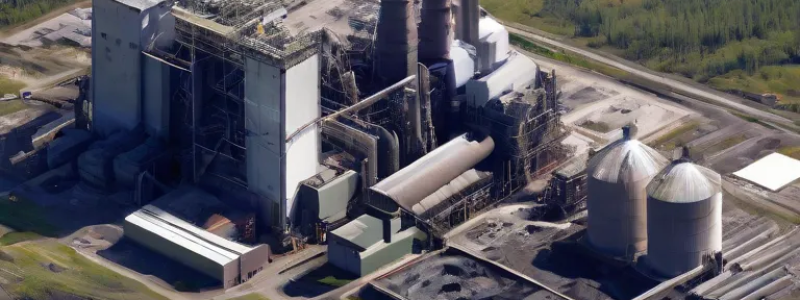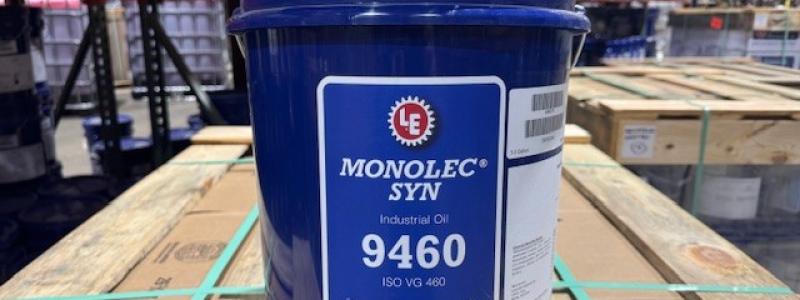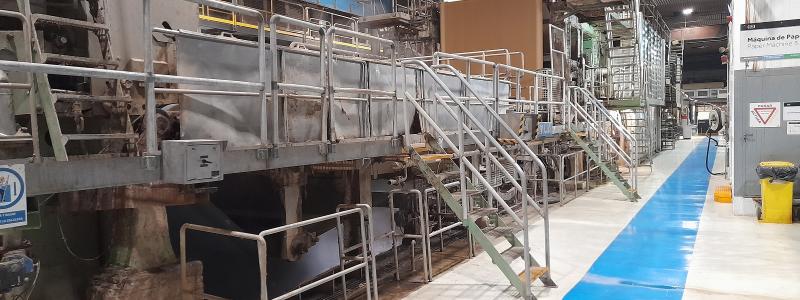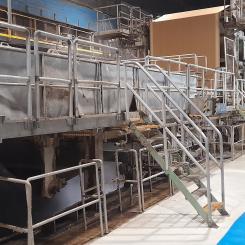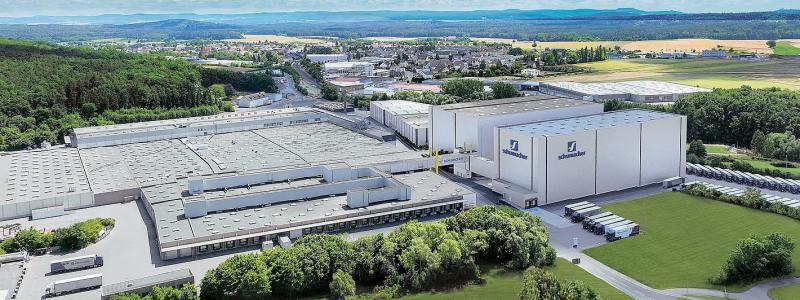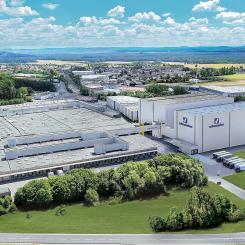Chrysalix Venture Capital, a leading early-stage fund that specializes in transformational industrial innovation, announces an investment in Deadwood Innovations, developers of a solution to upgrade low-grade lumber, waste & underutilized species into high strength, durable & sustainable products in premium engineered wood markets.
“At Chrysalix, we recognize the significant challenges facing the forestry industry today, including rising costs, price volatility, shrinking margins, and the growing demand for sustainable products,” said Alfred Lam, Partner at Chrysalix. “We are excited to support Deadwood Innovations and their groundbreaking upgrading solution, which directly addresses these challenges by converting low-value feedstocks and waste into high-value products. This innovation not only improves sustainability but also creates new market opportunities, driving growth, profitability and resilience for the sector.”
“We chose to partner with Chrysalix because they are one of the rare VC firms that truly understand industrial innovation and the unique challenges and opportunities within the forestry sector,” said Owen Miller, CEO of Deadwood Innovations. “As we enter the next phase of our journey, their expertise, extensive network, and commitment to our vision will be crucial in driving Deadwood’s growth across Canada and expansion into global markets.”
The investment will support the development of the first commercial-scale facility in Fort St. James, British Columbia, in partnership with the Nak'azdli Development Corporation. CEO John-Paul Wenger stated, “Partnering with Deadwood Innovations and Chrysalix enables us to demonstrate how investment, innovation, and collaboration can deliver meaningful economic reconciliation, diversify the forestry sector, and promote responsible forest management practices.”
Chrysalix has made this investment through its latest Industrial Innovation Fund, reaffirming its commitment to driving transformative change in resource-intensive industries such as mining, metals, forestry, energy, chemicals, manufacturing, transportation and more.
Source: globenewswire.com





